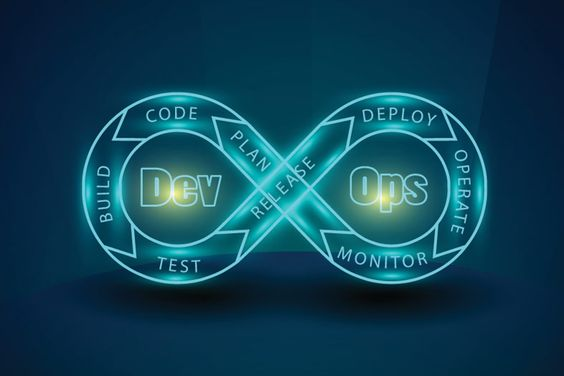An Ultimate Guide to Become an AWS Certified DevOps Engineer – Professional
An
Ultimate Guide to Become an AWS Certified DevOps Engineer – Professional
The
Importance of AWS in the DevOps Process
AWS (Amazon Web
Services) is a leading cloud service provider that offers a wide array of tools
and services essential for DevOps practices. AWS's robust infrastructure and
services support the automation and monitoring of the entire application
lifecycle, from development to production. With AWS, DevOps engineers can
leverage powerful tools like AWS CodePipeline, AWS CodeBuild, and AWS
CodeDeploy to streamline development workflows. The scalability and flexibility
of AWS enable organizations to quickly adapt to changing market demands and
efficiently manage resources.
How
to Become an AWS Certified DevOps Engineer
Becoming an AWS
Certified DevOps Engineer requires a strategic approach and dedication. Here’s
a step-by-step guide to help you achieve this prestigious certification.
Step 1:
Understand the Exam Requirements
The AWS Certified
DevOps Engineer – Professional exam is designed for individuals who have two or
more years of experience provisioning, operating, and managing AWS
environments. It validates expertise in continuous delivery and automation of
processes, as well as the ability to implement and manage the infrastructure as
code.
Step 2: Gain
Prerequisite Knowledge
Before attempting
the certification, it's essential to have a solid understanding of core AWS
services, AWS architecture best practices, and experience in developing code in
at least one high-level programming language. Familiarity with DevOps
practices, including CI/CD, monitoring, and logging, is also crucial.
Step 3: Prepare
with AWS Training Resources
AWS offers a
variety of training resources to help you prepare for the certification exam.
Consider enrolling in the following courses:
- DevOps
Engineering on AWS: This course covers the principles of the DevOps methodology and
how to implement them on AWS.
- Architecting on
AWS: This
course provides an overview of AWS services and teaches how to design
scalable and reliable applications.
Step 4: Hands-On
Practice
Practical
experience is vital for success in the AWS Certified DevOps Engineer exam. Set
up your own AWS environment and practice implementing CI/CD pipelines, managing
infrastructure as code using tools like AWS CloudFormation, and monitoring
applications with AWS CloudWatch.
Step 5: Utilize
Practice Exams
Take advantage of
practice exams to familiarize yourself with the exam format and identify areas
where you need further study. AWS offers official practice exams that simulate
the actual test environment.
Step 6: Register
and Take the Exam
Once you feel
confident in your knowledge and skills, register for the exam through the AWS
Certification Portal. The exam consists of multiple-choice and
multiple-response questions, and you will have 180 minutes to complete it.
Becoming an AWS
Certified DevOps Engineer – Professional is a significant achievement that can
open doors to numerous career opportunities. By following this guide and
dedicating time to study and hands-on practice, you can successfully earn this
certification and advance your career in the dynamic field of DevOps. The
skills and knowledge gained through this certification will not only enhance
your professional growth but also contribute to the success and efficiency of
the organizations you work for. Start your journey today and become a vital
part of the ever-growing DevOps community.

.png)


Comments
Post a Comment